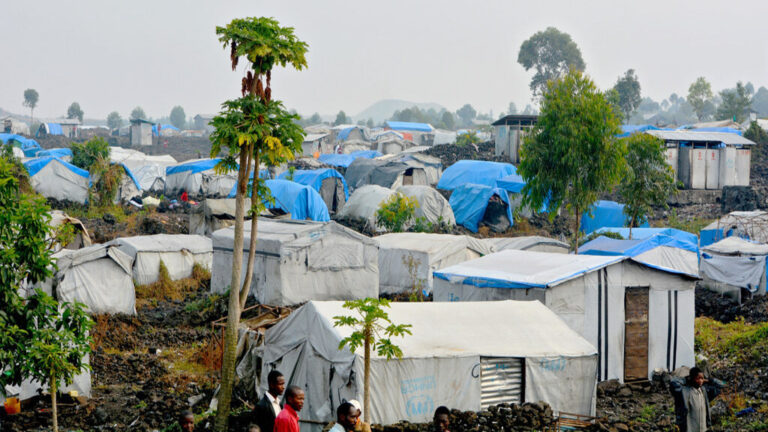
Camp for internally displaced people in Democratic Republic of Congo, 2017 Photo: UN Women/Carlos Ngeleka, Flickr
Av: Emily Elderfield
According to UNHCR, 1 percent of the world’s population is currently displaced due to conflict or persecution – that’s one in every 100 people who’ve been forced to leave home. When you think of civilians affected by conflict, you probably think of refugees fleeing their country in search of a safer life. However, many people […]
Läs mer »
23 juni, 2021, Chronicle, English, Magazine
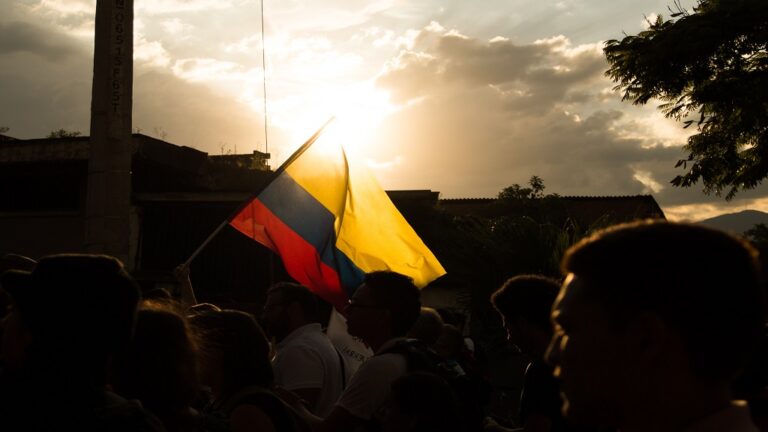
Uncertainty surrounds the implementation of Colombia’s peace agreement following the election of the new government.
Photo: Leonfhl:/Flickr
Av: Aarne Hakomäki
In 2016 the Colombian government and the Revolutionary Armed Forces of Colombia (FARC) reached a historic peace agreement. Over four years later the peace stands on uncertain ground, as new political leaders fail to embrace it.
22 juni, 2021, English, Long read, Magazine
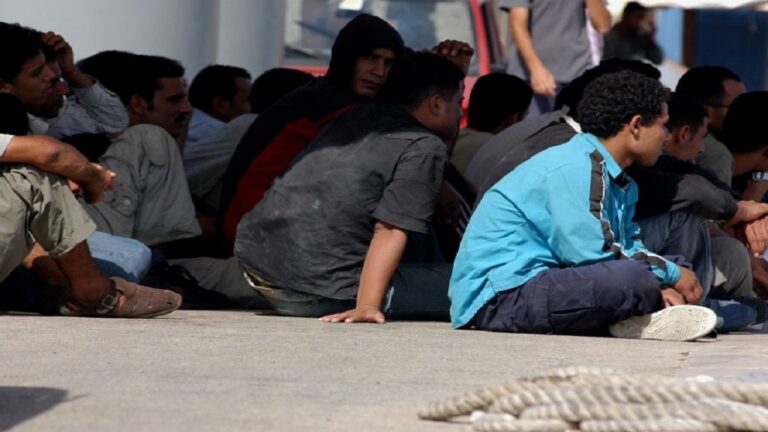
Migrants and refugees from Libya who survived the crossing of the Mediterranean
Photo: FUF Lund/Flickr
Av: Chiara D’Agni
A new hope for establishing protection of human rights in Libya is rising. But migrants and refugees still face critical conditions and the reconstruction of the country must address this.
22 juni, 2021, Chronicle, English, Magazine
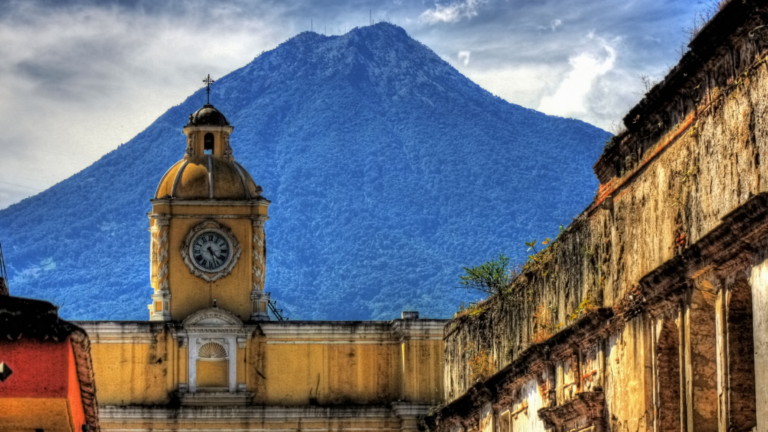
Mayans in Guatemala continue to deal with discrimination 24 years after a violent civil war.
Photo: Flickr, by Daniel Mennerich
Av: Alice Antoniou
Guatemala continues to face challenges remaining from the Guatemalan Civil War, including high levels of poverty and inequality. Anne Kraemer, Executive Director of Wuqu’ Kawoq, shares how this manifests in the Mayan people’s difficulties in accessing adequate healthcare services.
22 juni, 2021, English, Interview, Magazine

Human Rights Defenders and ESMAD police in Medellín. Colombian national protests have been going on since April. Foto: Humano Salvaje, CC BY-SA 2.0, via Wikimedia Commons
Av: María Alejandra Moreno Jaramillo
In April the biggest protests in the modern history of Colombia took place. Since then there have been over 3000 cases of police brutality and 43 victims of homicides committed by the police. People protest against a whole system that does not protect life but privatizes and sectorizes it. Finding peace is something that can’t wait any longer. Action needs to be taken now, argues María Alejandra Moreno Jaramillo, project leader for Multicultural Sweden.
28 maj, 2021, English, Magazine, Opinion
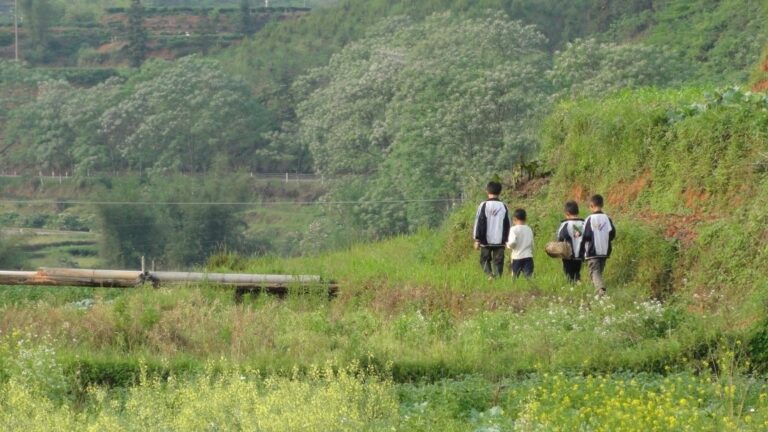
The lack of knowledge to respect nature and discrimination against minorities have created great hunger and poverty challenges. Photo: Samuel Vigier, Flickr
Av: Claire Coviaux och Maria Malmsten
Rural development is the process of life quality improvement and economic growth of rural populations in developing countries. It reduces local poverty and hunger by addressing many multi-sectoral needs including education, health, agriculture, and natural resources. The concept first appeared in the 1992 UN Agenda 21 – Chapter 14. Its major influence in the international […]
Läs mer »
3 maj, 2021, Editorial, English, Magazine
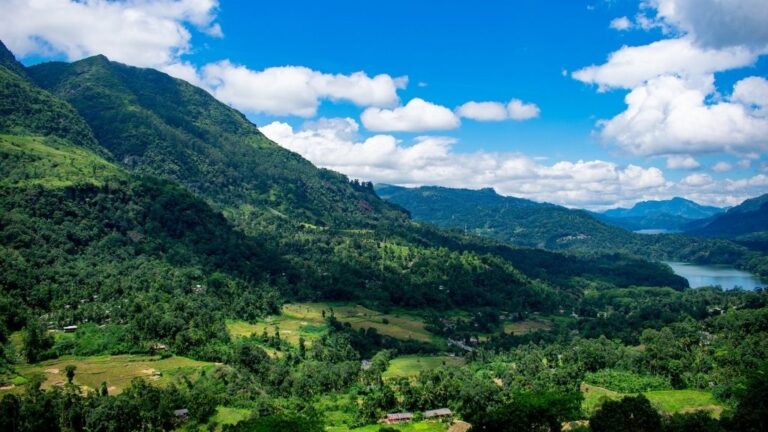
Many people see rural areas as non-economical; however, the Taiwanese government has declared 2019 as Taiwan’s Regional Revitalisation Year to make a change. Photo: Pixabay
Av: Yi-Chia Chen
Regional revitalisation is a concept originated from Japan in 2012. Since Taiwan is facing similar problems as Japan, the Taiwanese government also decides to adopt this concept to attract people to move to rural areas. Instead of focusing on redevelopment, revitalisation comes to play an important role.
3 maj, 2021, English, Long read, Magazine
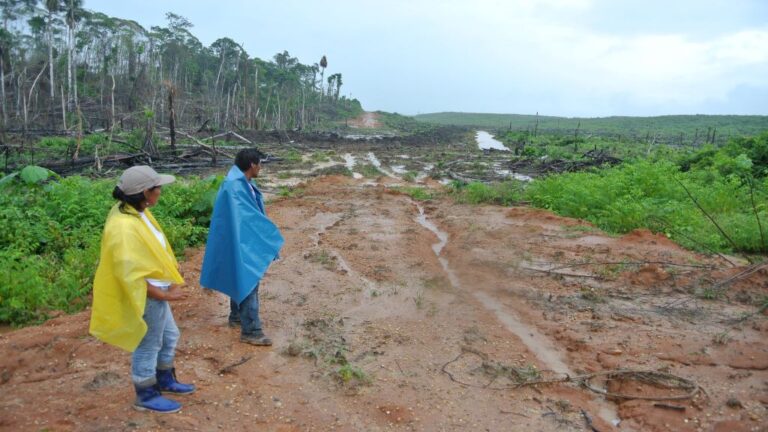
The proposal of the European Parliament is aimed to reduce environmental destruction and to increase human rights protection in the supply chain. Photo: Rainforest Rescue 2014/Flickr
Av: Aarne Hakomäki och Stefanie Scharmann
On 27 January 2021, the Legal Affairs Committee of the European Parliament (EP) adopted a draft for a European supply chain law. The draft proposes strict regulations of the environmental standards and human rights within the value chains of companies.
3 maj, 2021, English, Magazine, News article
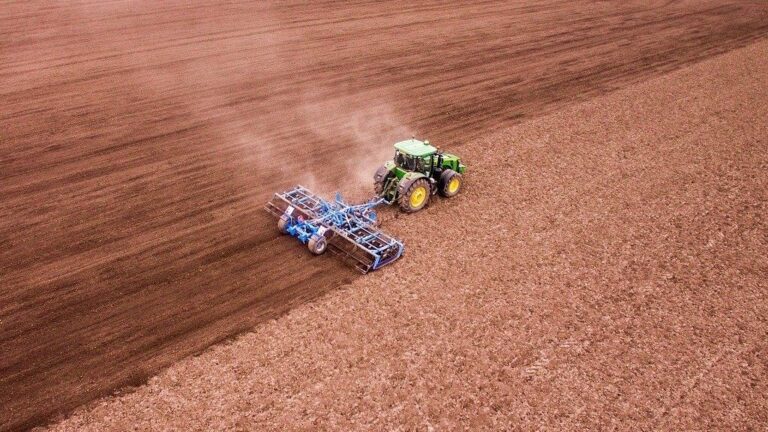
Global agribusiness continues to grow with harmful consequences for smallholder farmers and rural communities. Photo: Zonc_Photos/Pixabay.
Av: Sanna Honkaniemi
Land grabs facilitated by multinational corporations, foreign investors and local governments in a pursuit for agribusiness have been escalating during the last decade. Huge acquisitions of farmland have led to violent displacements of rural populations. Although reports of the practice are not as recurrent in the media, the problem is far from over.
3 maj, 2021, English, Magazine, News article
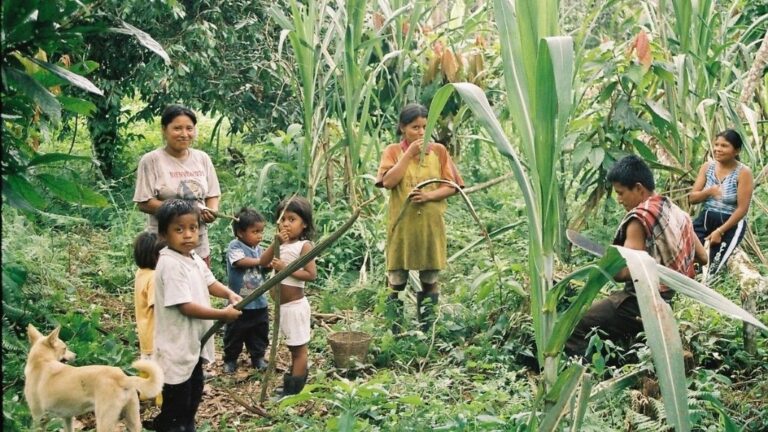
The northernwestern Esmeraldas Province, a highly marginalised and invisibilized region, is home to the Chachi, Awá, and Épera Indigenous peoples, traditional Afro-descendant communities, and Mestizo people. Photo: Julianne Hazlewood
Av: Eleonora Moen och Leni Lindemann
Palm oil companies are detrimentally impacting rural livelihoods and biodiversity in northwestern Ecuador by extracting resources and polluting ancestral lands and rivers. Indigenous and Afro-descendant communities are particularly vulnerable to exploitation and health hazards posed by these companies. As an act of resistance, the communities, supported by the organisation Roots & Routes IC, have filed the world’s first constitutionally-based Rights of Nature Lawsuit to demand justice.
3 maj, 2021, English, Interview, Magazine










